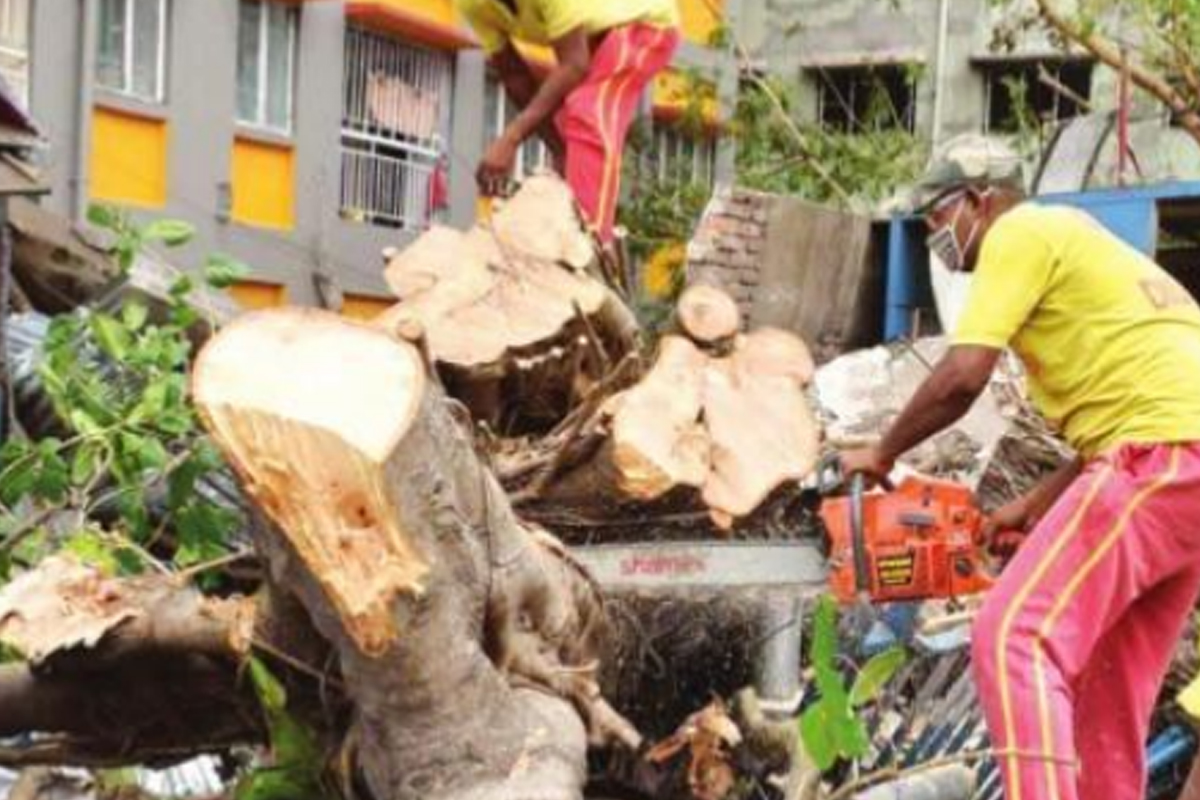Alipore Zoo takes precaution to fight bird flu outbreak
Several states such as Himachal Pradesh, Kerala and Madhya Pradesh have been put on high alert after thousands of birds died from the spread of the H5N8 strain of the avian influenza
The animals were however not harmed in the cyclone but two of the enclosures -deer and ostrich have been partially damaged.

(Representational Image)
The cyclone Amphan which left a trail of devastation in Kolkata, also did not spare the Alipore Zoological Garden where atleast 30 to 35 trees were uprooted while few animal enclosures have been damaged.
The Kolkata zoo which draws visitors from all corners of the state throughout the year, has been partially ravaged by the super cyclone that rocked the city with a wind speed of 135kmph, claiming human lives, destroying trees and properties.
Advertisement
However, though it did not kill any of the animals in the zoo, it has surely destroyed their immediate habitat.
Advertisement
The director of Alipore Zoological Garden, Ashish Kumar Samanta told The Statesman, “The storm wreaked havoc inside the zoo premises. There were varieties of trees which were atleast 50 to 60 years old, which got uprooted in the storm. Atleast 35 trees have been uprooted.”
He added , “The animals were however not harmed in the cyclone but two of the enclosures -deer and ostrich have been partially damaged. The uprooted trees damaged the walls of the enclosures.”
The director further pointed out that the zoo authorities have engaged their staff who are working round the clock to repair damages.
The cost of damage is approximately 20 to 25 lakhs, confirmed a zoo official.
The animals were inside their enclosures during the time of the cyclone. The Alipore Zoological Garden houses a variety of animals including tigers, giraffe, elephants, reptiles, birds etc.
The zoo has remained closed since mid-March due to Covid-19 lockdown.
The zoo was on high alert after a tiger in the Bronx zoo in New York had tested Covid-19 positive. The animals at Alipore Zoo are being administered anti-viral medicines such as Vikron-S while all staff have been given personal protective equipments.
The zoo premises are being sanitised using sodium hypochlorite.
Advertisement